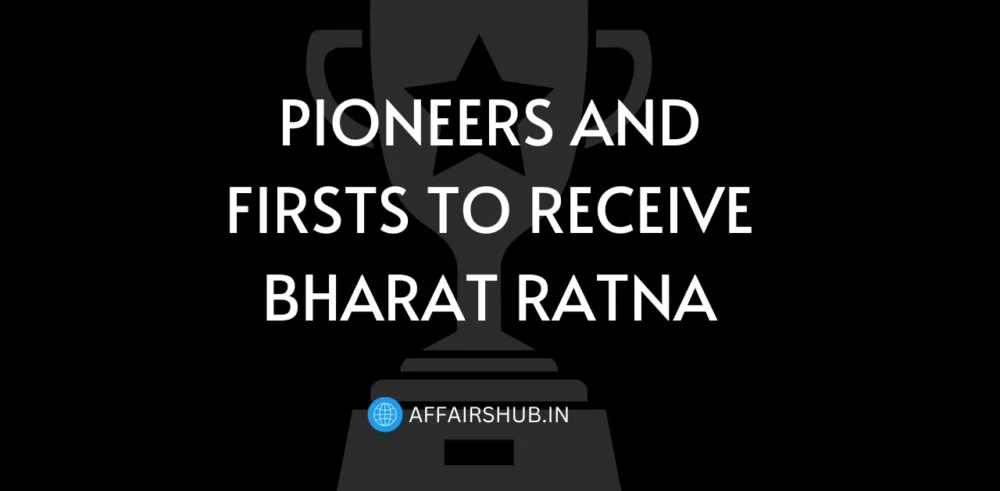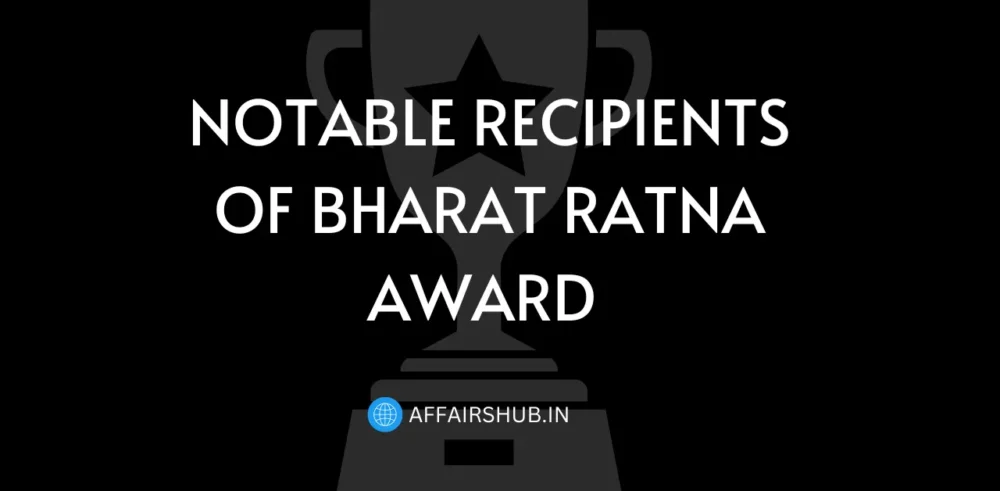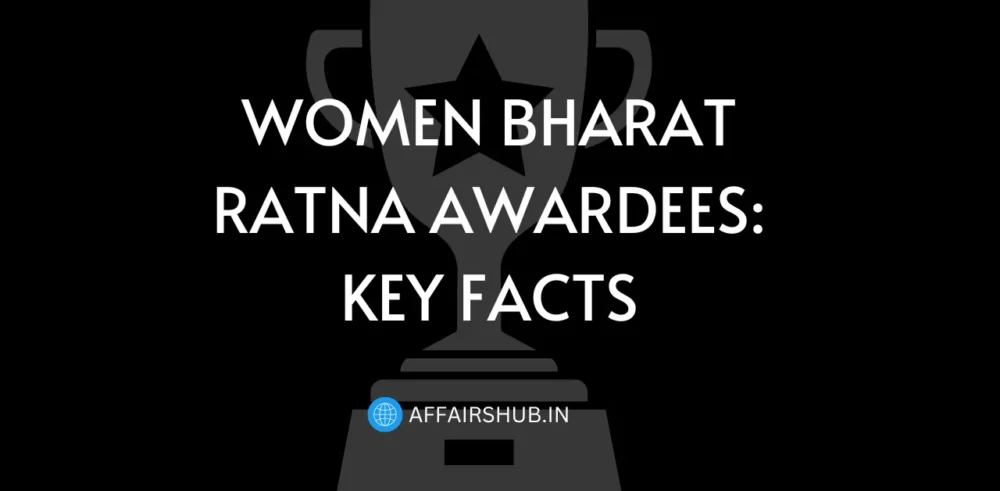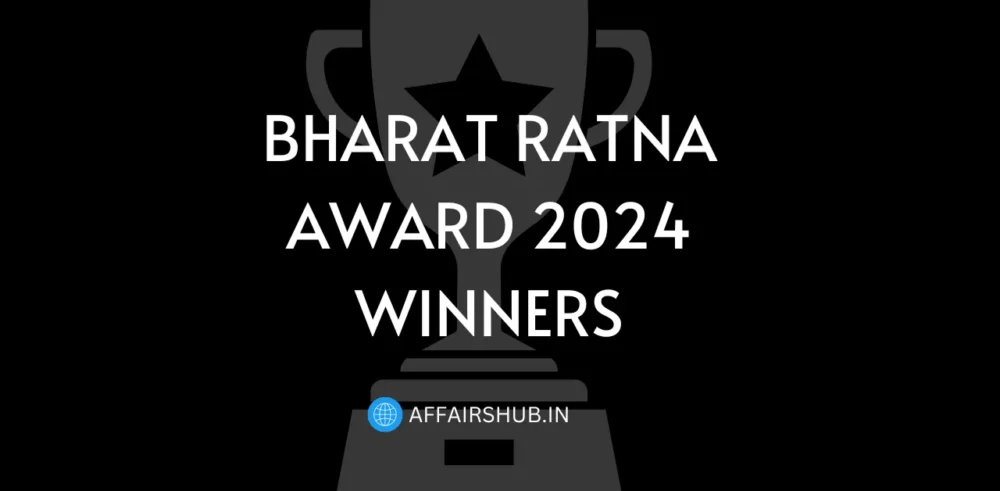Let’s explore the biography, awards, notable works, and achievements of the first recipient of the Jnanpith Award in the Malayalam language, G. Sankara Kurup.
First Recipient of the Jnanpith Award
The Jnanpith Award, established in 1961, is India’s highest literary honour, presented annually by the Bharatiya Jnanpith to an author for their “outstanding contribution towards literature”.

The Malayalam writer G. Sankara Kurup received the prestigious award first.
✅ First Woman to win the prestigious Jnanpith awards: Key Details
Early Life and Career
G. Sankara Kurup was a famous poet and songwriter who greatly influenced Indian literature.
He often wrote about being kind to people and always trying to learn and find the truth.
Born on June 3, 1901, he greatly influenced Malayalam literature, where he wrote poems and essays and talked about literature.
He pioneered Malayalam poetry and was the first to receive the Jnanpith Award, the highest honour in Indian literature.
His impact on literature was so significant that he received many other important awards like the Sahitya Akademi Award, the Kerala Sahitya Akademi Award, and the Soviet Land Nehru Award. His work is still remembered and appreciated today.
✅ Explore More: Full List of Jnanpith Award Winners with Key Facts
The Jnanpith Award and Literary Recognition
In 1965, G. Sankara Kurup was awarded the prestigious Jnanpith Award for his poetry collection titled “Odakkuzhal” (The Bamboo Flute), published in 1950.
This recognition was a major achievement in his career and a significant moment in Indian literature.
His impactful contributions earned him other notable awards, including the Sahitya Akademi Award, the Kerala Sahitya Akademi Award, and the Soviet Land Nehru Award.
Odakkuzhal: The Award-Winning Collection
“Odakkuzhal” is a collection of poems beautifully encapsulates Kurup’s philosophical musings and profound observations about life and human nature.
His poignant verses, rich in metaphor and imagery, resonate with readers, making “Odakkuzhal” a celebrated work in Malayalam literature.
Political and Civic Contributions
Beyond his literary pursuits, Mahakavi G contributed to the nation as a nominated member of the Rajya Sabha from 1968 to 1972.
In 1967, he was awarded the Padma Bhushan, the third-highest civilian award in India, for his commitment to societal welfare and cultural enrichment.
Enduring Influence and Global Acknowledgment
Mahakavi G’s works continue to resonate, influencing generations of poets and readers. His global recognition extends to the Soviet Land Nehru Award, showcasing the universal appeal of his literary contributions.
Legacy
G. Sankara Kurup’s recognition as the first recipient of the Jnanpith Award paved the way for future writers and poets in the country. His work continues to inspire, reminding us of the power of literature in illuminating the human condition.
The following table denotes some of his notable works:
| Year | Work | Type | Note |
|---|---|---|---|
| 1918 | Salutation to Nature | Poetry | First published poem |
| 1923 | Sahitya Kouthukam | Poetry Anthology | First poetry anthology |
| 1935 | Sooryakanthi | Poetry Anthology | Established his position among Malayalam poets |
| 1932 | Rubáiyát | Translation | Translated Omar Khayyám’s work into Malayalam |
| 1944 | Meghadūta | Translation | Translated Kalidas’s Sanskrit work into Malayalam |
| 1959 | Gitanjali | Translation | Translated Rabindranath Tagore’s collection into Malayalam |
| 1948 | Nirmala | Lyrics (Film) | Wrote lyrics for the first Malayalam film with music and songs |
| 1948- | Various films (Oral Koodi Kallanayi, | Lyrics (Film) | Wrote lyrics for multiple Malayalam films |
| 1960 | Selected poems of G. Sankara Kurup | Translation | A. K. Ramanujan translated his poems into English |
| 1968 | Odakkuzhal | Poetry Anthology | Considered a masterpiece |
Honours and Awards
| Year | Award | Work | Note |
|---|---|---|---|
| 1961 | Kerala Sahitya Akademi Award (Poetry) | Viswadarshanam | N/A |
| 1963 | Central Sahitya Akademi Award (Poetry) | N/A | N/A |
| 1965 | Jnanpith Award | Odakkuzhal (The Bamboo Flute) | Established with part of the Jnanpith prize |
| 1967 | Soviet Land Nehru Award | N/A | N/A |
| 1968 | Odakkuzhal Award | N/A | Established with part of Jnanpith prize |
| 1968 | Padma Bhushan | N/A | Third-highest civilian honor |
| 2003 | Commemorative Postal Stamp | N/A | Issued by India Post under Jnanpith series |
Remembering Mahakavi G
Even beyond his passing on February 2, 1978, Mahakavi G’s legacy is a beacon of literary brilliance, national pride, and cultural enrichment.
FAQs about the First Recipient of the Jnanpith Award
A renowned Malayalam poet, essayist, and literary critic considered one of the greatest poets in the language.
Born in 1901 and passed away in 1978.
His collection of poems, “Odakkuzhal” (The Bamboo Flute), was published in 1950.
Known for his lyrical beauty, rich imagery, and deep philosophical undertones.
Explored themes of nature, love, human relationships, and social issues.
Received numerous awards, including the Sahitya Akademi Award and Padma Bhushan.
Conclusion
G. Sankara Kurup’s life and work exemplify India’s rich literary tradition. As the first recipient of the Jnanpith Award, he holds a special place in the annals of Indian literature. His profound and thought-provoking work continues to touch readers’ hearts, underscoring the timeless relevance of his contributions.
Source:
Discover More on Awards and Honours Current Affairs:









